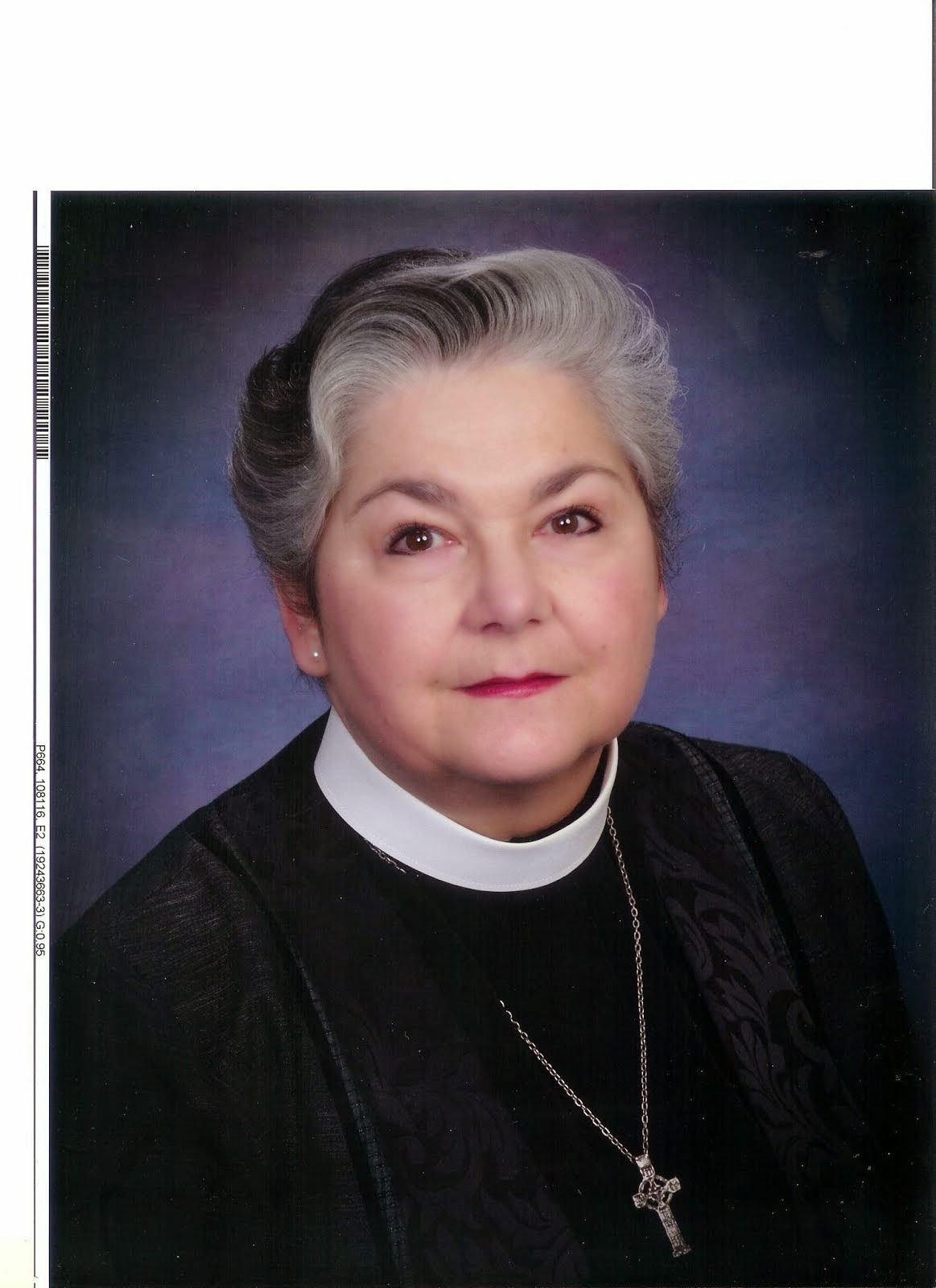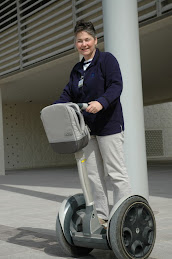Over the next
few weeks, we will hear Jesus say “I am the bread of life” several times. It is
enough to make someone following a low-carb diet despair! But all this repetition raises the
question: why does Jesus keep saying this? What is imbedded in that curious
message that it is necessary for it to be repeated so that we do not forget?
Well, let’s take
a closer look at the idea of bread.
Bread is a basic
food – it has been around in one form or another for almost 10,000 years. It
spans cultures – there are breads in India (naan) and in Norway (lefse) and in
Ethiopia (injera). It was talked about by poets in ancient Rome and Greece, and
continues to be a topic of cookbooks – Amazon sells almost a thousand cookbooks
on bread alone.
Why? It is a
cheap, relatively easy food that provides sustenance. Even the poorest people
have some access to the basic materials, and making it, once the grain is
ground, can be as simple as mixing flour with water and yeast, either wild
yeasts in the air or prepared yeast, allowing it to rise, and baking it.
The ancient
Israelites knew about it – the story of the escape from Egypt, when the
Israelites fled so quickly that there wasn’t time for the bread to rise, is a
familiar one. So, too, when those same Israelites were wandering in the desert
nearly starving to death, God responded to their hunger and complaints by
raining down manna from heaven. When they were hungry, God didn’t send them
pomegranates or garlic or Nile perch, he sent them bread. Bread from heaven,
the bread of the angels, as the Psalmist says. When people are hungry, when
they need to fill their bellies and feel satisfied, they want bread.
Now all of this
sounds sort of academic and formal and, if you are a Bible reader, vaguely
theological. But our experience of bread isn’t academic or formal or
theological, it is visceral. When you smell a loaf of bread baking in the oven,
you don’t think about Moses and manna, or the feeding of the 5000, you think, “I
want some of that wonderful-smelling bread!”
Doug and I had
that visceral experience when we were in Ireland. Each morning at about 7:45
there was a knock on the door. Owen or Moley or Van or Padraig would come in
with a freshly baked loaf of Irish brown bread, or freshly baked croissants.
The aroma was luscious. Put a little of the Kerrygold butter on it, a bit of
strawberry preserves, and it is heaven on earth.
It didn’t take
more than a day for us to become like Pavlov’s dogs, mouths watering at that
knock on the door. Here came that beautiful loaf of bread, one for each
cottage. Here’s the remarkable thing – there was just enough for each of the
five of us, assuming we wouldn’t be greedy.
Pure gift, that
bread. A gift of hospitality, like offering someone who is working in your yard
a glass of cold water. Like sharing a birthday cake, or a box of chocolates,
but extra special because bread fills our bellies in ways that other foods
cannot.
We cherished the
bread, and we loved the generosity of our hosts bringing it to our very kitchen
table each morning. We didn’t have to do a thing. It just arrived. We didn’t
have to earn it. It was given out of a hospitable love, and was gratefully
received.
Now we
understand the power of bread in the story of the Irish cottage and the warm
bread each morning. But what does it mean when we think about bread in the context
of today’s gospel? What does it mean when Jesus says, “I am the bread of life?”
Jesus was
responding to the delighted joy of the people who had witnessed the miracle of
the feeding of the 5000. They had eaten their fill, even though there had been
only a few loaves of bread and a couple of fish. But they had come to him
before that miracle hungry for something else, something that they did not find
in their synagogues, something that they did not feel in their relationship
with God. They needed sustenance that fed their souls.
Jesus, however,
was the ultimate pragmatist. As he always did, he attended to their physical
needs as well as their spiritual ones. There had been enough bread and fish to
give everyone full bellies, with leftovers gathered afterwards. Yes, he taught them, but he also gave them the
bread that would allow them to digest his message.
And then he
walked away from them, knowing that they would seek him out, to ask for more.
And that is when
he said he had more bread for them, but it was not the bread that had filled
their bellies, that transitory bread, as evanescent as manna, as temporary as a
snack. No, he explained. He was there among them not only to give them the
bread that filled their stomachs, but to give them bread from the heavenly Father,
bread that would fill their souls.
Predictably,
they said, “Give us some of this marvelous bread.”
And he said, “I
am the bread, the bread that gives you eternal life.”
Do you think
they understood what he said? Did they think literally, guessing “is this some
sort of weird cannibal thing?” Did they wonder if this was Jesus’ way of avoiding
making more of that tasty magical bread they had eaten?
Or did they stop
and realize the true nature of their hunger…a desire to be filled not just in
their tummies but in their hearts and souls? Did they sense that the very
reason that they had come to hear what Jesus had to say, all five thousand plus
of them, was because there was a hole, a big empty hole, at the core of them
that needed to be filled? Did they hope that this was the man who could fill
that hole?
Yes, it was a
miracle, this moment. They had been fed in a way that left them fully
physically satisfied. No more growling bellies that day, this was certain. But
they had also been fed a soul-food of the most satisfying kind. Unlike manna in
the desert, this bread would not turn to dust at nightfall, needing to be
replenished every morning. This would not be a slice of airy white Wonder bread
with little in the way of lasting sustenance.
No, this was
like that Irish brown bread, warm from the oven, fragrant with health and
goodness. It was enough to feed everyone in the place, and then some. It would sustain them, and us, through the
length of days. It would fill them and us with good things. And that deep and
health-filled sustenance would last in a way that would keep us all from hunger
forever.
Amen.







No comments:
Post a Comment